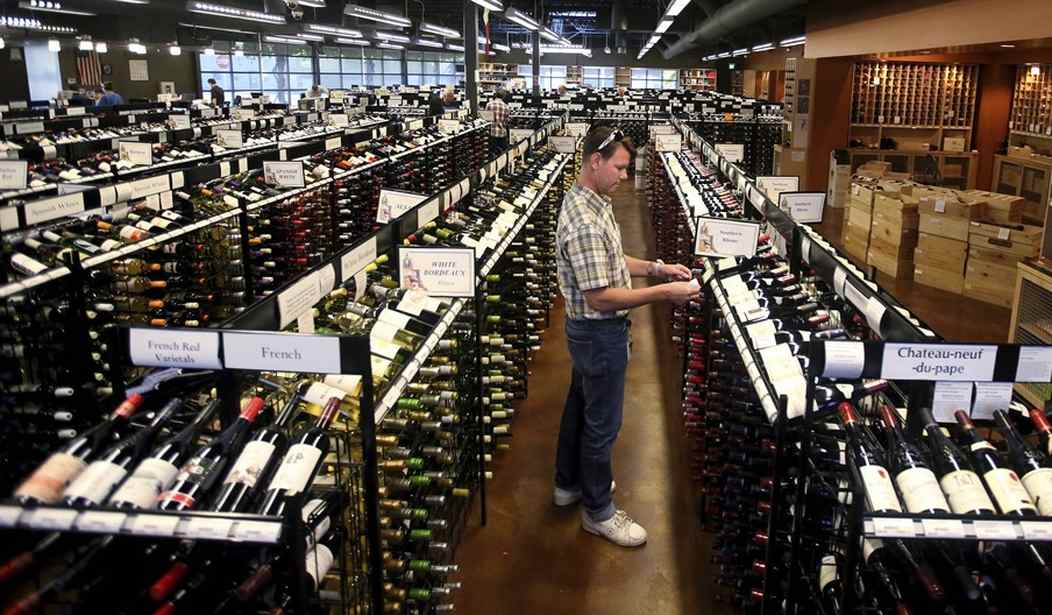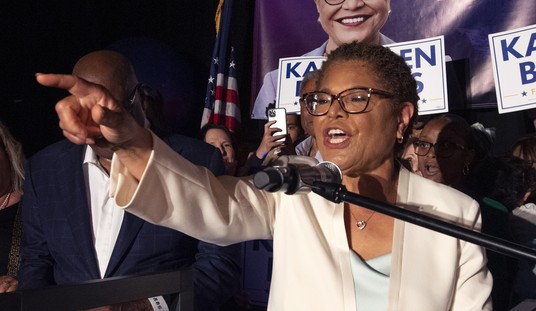Currently, Texas enforces outdated alcohol sales laws, which limit the purchase of certain alcoholic beverages on Sundays. At best, these misguided Prohibition Era laws are arbitrary and economically harmful.
As states start opening back up, tourism and retail shopping in Texas is expected to contribute increasingly more to the state’s overall economy. Sundays are one of the busiest shopping days of the week for most businesses, but laws that limit alcohol sales have made it impossible for many Texas distilleries to sell their products during this important time.
This prohibition not only limits Texas’s economy, it also disproportionately harms some alcohol retailers. More than 30,000 Texas businesses are permitted to sell alcohol seven days a week, including bars, restaurants, and grocery stores. However, package stores, including distilleries, cannot.
Beer and wine retailers can remain open for business 115 hours per week, while package stores in Texas and distilleries are only allowed to be open a maximum of 66 hours each week, 42 percent less than beer and wine retailers.
Legislators on both sides of the aisle have introduced bills to roll back these outmoded laws, including Senate Bill 1013, introduced by state Sen. Buckingham (R), and its companion legislation, House Bill 2232, introduced by state Rep. Bucy (D).
Similarly, state Rep. Richard Raymond (D) recently introduced HB 937, which would also repeal these burdensome rules, as well as expand the sales hours available to packaged retailers.
Texas lawmakers looking to revise alcohol sales laws aren’t alone. Since 2002, 21 states have passed laws permitting the sale of alcohol on Sunday.
There is no question that a free market is the best path forward for both companies and consumers, especially under current economic conditions. Over the past year, Texas—along with much of the rest of the world—has been faced with an unprecedented economic crisis caused by COVID-19 lockdowns. Small businesses have been devastated, and millions of people have lost employment. Rolling back outdated policies that hurt local economies would be a much-needed economic victory.
It’s also important to remember that during the COVID-19 pandemic, distilleries were some of the first businesses to put profits aside, by slowing alcohol production so that they could help produce sanitizers. In fact, many private distilleries that produced hand sanitizer not only reduced alcohol production, they donated sanitizer or sold it at a low cost to help the nation during shortages. The least states could do is to allow these businesses to compete with other alcohol retailers.
Texas’s limits on alcohol sales is a direct attack on consumer freedom, one that has cost the state millions of dollars in additional tax revenue each year. By giving distilleries the freedom they deserve, Texas would help small businesses that need assistance now more than ever, all while improving the state’s budget for the coming year.
Of course, repealing senseless alcohol sales policies is not the only action needed to help Texas recover from the pandemic, but it’s a good, common-sense place to start.
Christina Herrin ([email protected]) is a government relations manager at The Heartland Institute, a nonpartisan, free-market think-tank headquartered in Arlington Heights, Illinois.













Join the conversation as a VIP Member